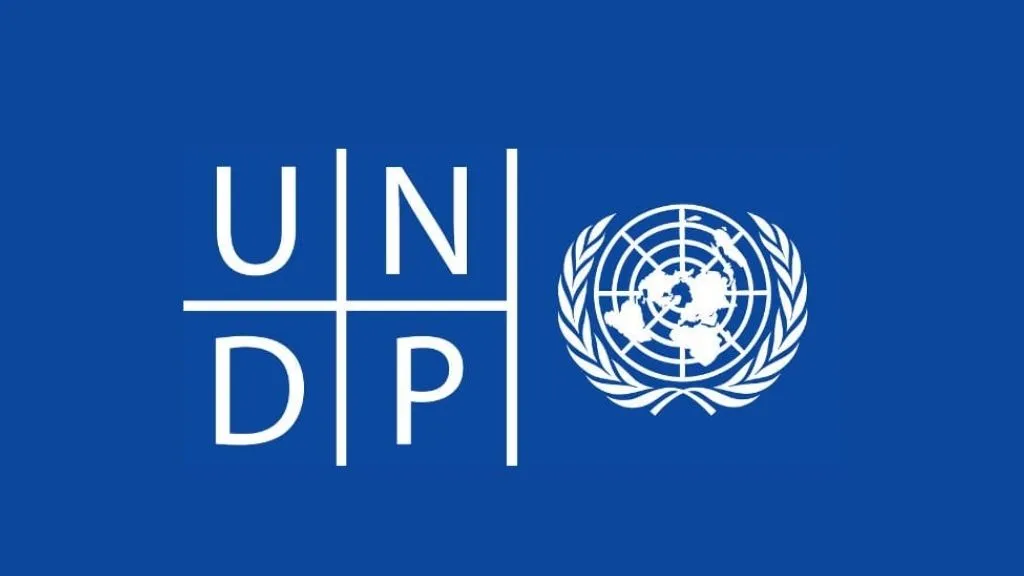By Muhammad Amaan
The United Nations Development Programme (UNDP) has emphasised the importance for Africa to tell its numerous success experiences and achievements.
The lack of positive narratives perpetuates negative stereotypes.
Director of the Regional Bureau for Africa at the UNDP, Ms Ahunna Eziakonwa said this at the ongoing 2024 African Economic Conference (AEC) in Gaborone, Botswana.
Speaking during a fireside chat on Global Geopolitical Complexities and Africa’s Development Pathway, Eziakonwa said the continent had suffered from being viewed through a negative lens.
“There is always the sense that Africa is where donors have to dump their charitable acts. Because we are going to Africa with Aid, we have people there with no strength and brains.
“This is one of the burdens of the continent. It is very important to change that narrative.
“It will have to come from Africans to tell their story of the dynamism of the continent and its diversity,” she said.
According to her, Africa has endured a legacy of stereotyping and being synonymous with failure, which needs to change.
“Africa should present itself as a continent that thrives and upholds the spirit of common humanity,” she said.
Ms Eziakonwa also called on Africans to share the continent’s achievements and urged leaders to avoid false celebrations of excellence.
“We need more African writers telling the story of Africa, and we should stop this self-adulation, particularly at the level of leaders, when we celebrate excellence when there is none. It is about leadership and governance,” she added.
She said that a significant part of reshaping Africa’s narrative involved empowering young people.
According to her, many African cultures believe the youth are expected to be seen and not heard.
Eziakonwa said the recent cabinet appointment in Botswana, which included more members under 50, was an example of progress.
“We are seeing more young people being recognised, but the investment in making young people succeed in whatever they do has not been made,” she said.
On foreign Aid, Eziakonwa cautioned that, due to its structure, it had often done more harm than good to Africa’s psyche and institutions.
“Aid comes at a cost and consumes much of Africa’s energy and attention while offering diminishing returns.
“We must be more innovative and correct this sense that Africa is trapped in aid.”
She expressed the UNDP’s commitment to Africa’s growth, saying that in 2024, the UNDP inaugurated the “Timbuktu” initiative in partnership with African countries.
“This aims to become the world’s largest financing facility for the continent’s startup ecosystem, blending catalytic and commercial capital to foster innovation.
“The initiative also seeks to promote a creative hub that will empower African storytellers in arts and fashion to access funding and amplify the continent’s successes.
Also speaking, the Executive Secretary, Economic Commission for Africa (ECA), Claver Gatete, reinforced the need to move beyond Aid.
“Aid is not the end; it is just the means. We need to focus on domestic resource mobilisation and find our innovative solutions so that Africa is not seen to be depending on aid,” he said




